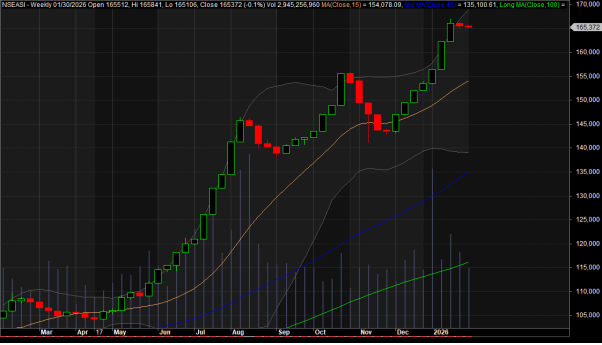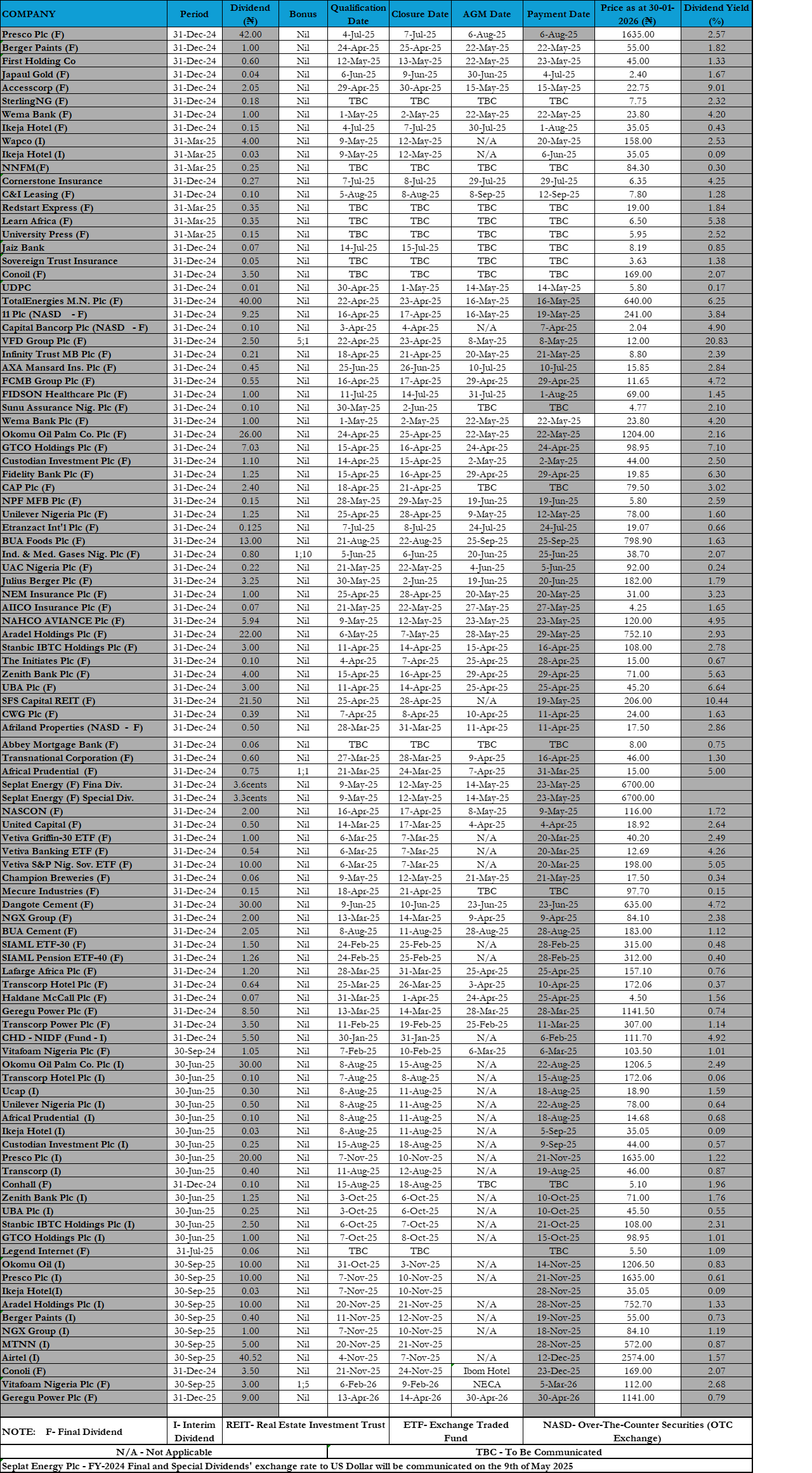
Despite the booby traps associated with oil and gas financing, the Central Bank of Nigeria (CBN) says the sector remains the favourite among the nation’s banks, accounting for 22.7% of total bank lending in 2017, representing much more than a fair share of total for the period.
According to the CBN in its audited financials for the year ended December 31, 2017, priority sectors for bank lending were: Agriculture, services and construction, which constituted 3.4%, 37.6% and 4.2%, respectively, compared with 3.3%, 39.4% and 3.9%.
Following oil and gas in the industry sector was manufacturing, which constituted 13.8%.
Meanwhile, as in the preceding year, short-term maturities continued to dominate banks’ outstanding credit and deposits, as outstanding loans and advances maturing
one year or less, accounted for 43.7% of the total, down from 46.4% in the comparable period of 2016.
Medium-term loans (above one year, but less than three years) dropped to 18%, from 20.7%, while long-term (three years and more) rose to 38.3%, up from the 32.9% at end-December 2016.
“Deposit liabilities showed a similar trend, with short-term deposits, constituting 95.9% of the total, compared with 95.6 per cent as at end-December 2016. Deposits of less than 30-day maturity constituted 74.4%, while the share of medium and long-term deposits stood at 1.3% and 2.8%, respectively, compared with 1.2% and 3.2% at end-December 2016.
“The structure of banks’ deposit liabilities in 2017 underscored their preference for short-term claims on the economy,” the CBN added.
Meanwhile, the report noted the dominance of six banks tagged Domestic Systematically Important Banks (DSIB) accounted for N21.25tr, representing 65.4% of industry total assets, as well as N12.65tr or 65.4% of total industry deposits. The bunch also accounted for N8.68tr or 64.8% of industry gross loans.











